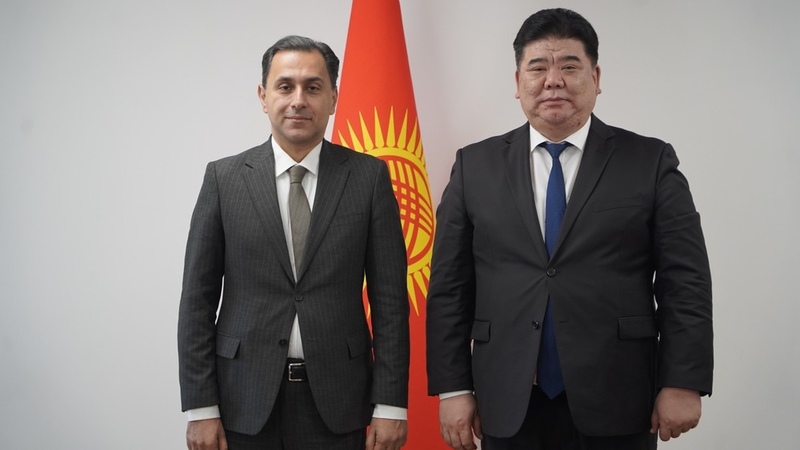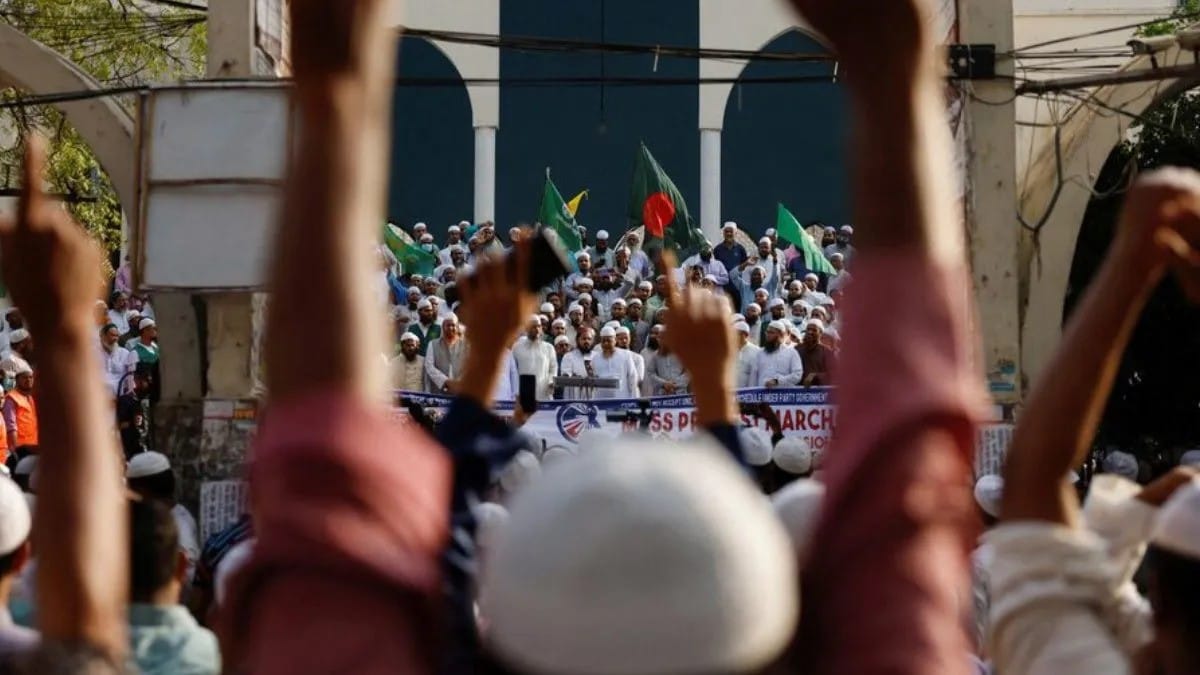
Sindh’s higher education sector faces a critical juncture, with policies threatening university autonomy and faculty stability, thereby endangering academic excellence. The Federation of All Pakistan Universities Academic Staff Association (FAPUASA) Sindh Chapter has sounded alarms about the harmful effects of these policies. The declaration of Black Day on December 2 reflects the mounting frustration among academics and the urgent need for corrective measures.
At the core of the crisis is the Sindh government’s policy of hiring faculty on a contractual basis rather than offering permanent positions. While this may appear to be a simple administrative shift, it undermines the stability and growth essential for academic institutions. Universities rely on long-term commitments and well-defined career paths to foster teaching and research excellence.

Contractual appointments disrupt this structure, stifling educators’ professional development and deterring talented individuals from entering academia. Jam Kamal, Kenyan envoy express commitment to deepen economic ties The situation is further exacerbated by increasing government interference in university governance. University syndicates, intended to be independent, are now dominated by government appointees, with critical decisions requiring the Chief Minister’s approval.
This erodes the autonomy universities need to function effectively. Such centralisation contradicts the intent of the 18th Amendment, which was designed to grant greater autonomy to provinces. Treating universities as extensions of provincial bureaucracy undermines their ability to operate as independent centres of knowledge and innovation.
Faculty members are particularly affected by these policies, facing economic insecurity due to the lack of permanent appointments and pension benefits. Administrative delays, such as those in approving ex-Pakistan leave, further compound their frustrations. The suspension of new hires and the halting of promotions, even after selection boards have cleared them, create a backlog that hinders academic progress and demoralises educators.
Rupee sheds 15 paisas In response, FAPUASA has announced a series of actions, including press conferences in December and, if necessary, a province-wide suspension of academic activities starting in January. These measures underscore the academic community’s commitment to defending university autonomy and faculty dignity. Universities play a pivotal role in shaping society by cultivating future innovators, thinkers, and leaders.
Weakening their autonomy or destabilising their workforce will diminish educational quality and undermine Sindh’s intellectual and socio-economic growth. A decline in research output, lower academic rankings, and a diminished ability to address future challenges will be the inevitable result. The Sindh government must urgently reconsider its policies and engage in constructive dialogue with academic stakeholders.
Universities need independence to nurture creativity, critical thinking, and innovation. Political and bureaucratic interference stifles these qualities, undermining the purpose of higher education. PSX witnesses bullish trend, gains 4,411.
27 points Students, parents, and civil society must also rally behind the academic community. Protecting university autonomy and faculty rights is not merely an academic issue; it is crucial for safeguarding Sindh’s future. By standing together, we can ensure that universities remain centres of progress, driving innovation and societal development for generations to come.
DR. INTIKHAB ULFAT, Karachi. Tags: protecting sindh education.















